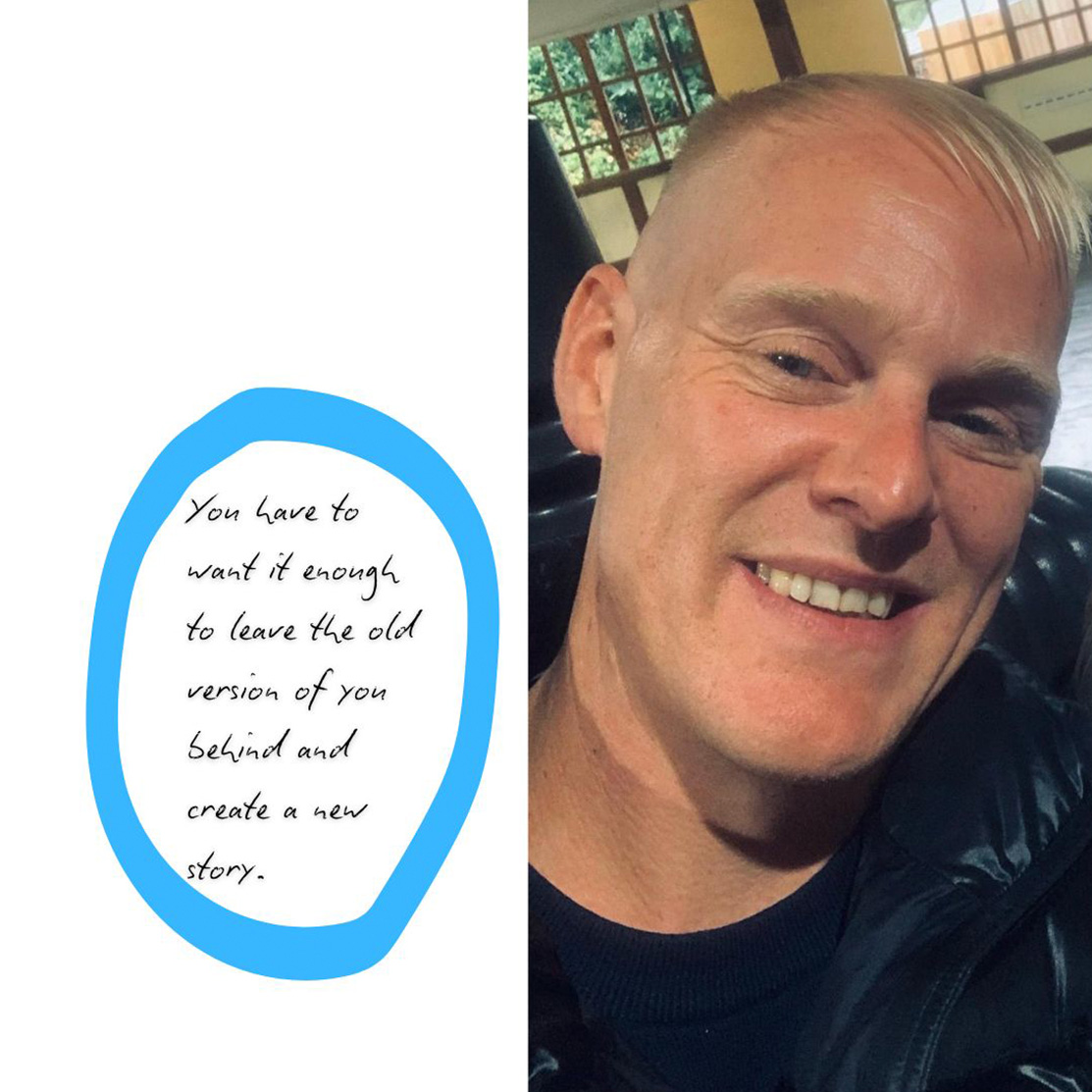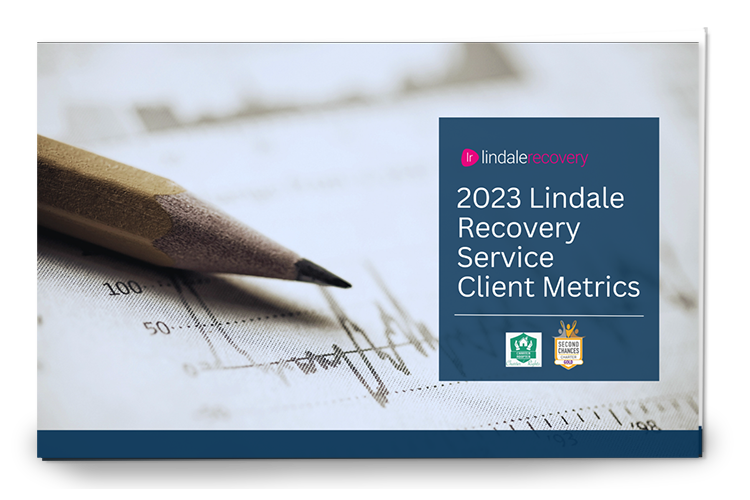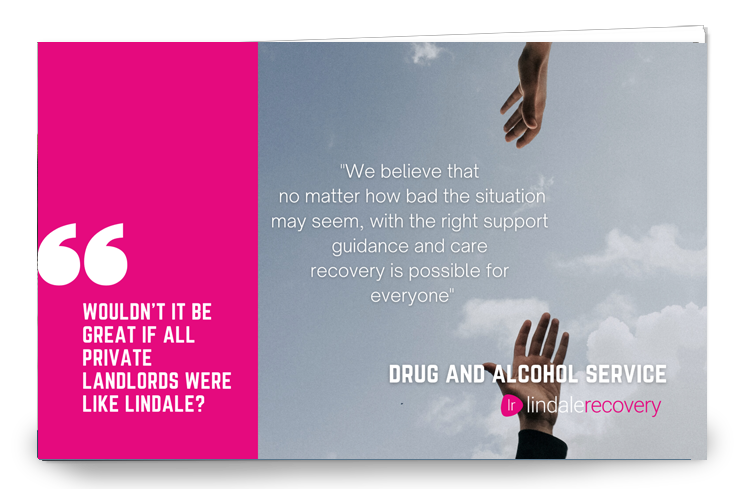Over cups of tea we gathered together for 'Tea & Talk', we opened up conversations about Mental Health, creating space for connection, understanding and support. Allowing us to pause,
Jamie - My Story
I grew up in a home marked by both love and violence. My father was emotionally distant and abusive. I realise now that as a child, I lived in fear—always on eggshells, afraid of what might happen, and confused by the things I was witnessing. When my dad left, my mother had to work long hours, so I often took care of my sibling, often feeling lonely and anxious. I was a loveable rogue—charming, good at football and running—but I always felt like I was a "naughty" kid. At 11, I went back to live with my dad, and that was when he first introduced me to weed. He didn’t take care of me properly, so I was went to live with a relative abroad. That didn’t work out, and when I returned, I once again felt abandoned. Eventually, I ended up in a "naughty" school. By 15, I had found a sense of belonging with older people involved in heroin dealing, and I began experimenting with various drugs.
Throughout my life, I sabotaged relationships with addiction, anger, and deceit—sometimes even becoming abusive, mirroring my father’s behaviour. Substances brought out the worst in me. I had a family, a partner, and a son, but my addiction and behaviour destroyed that. My past wounds—abandonment and rejection resurfaced as my life spiralled out of control. I ended up in a flat. Crack and alcohol consumed me, and fear took over. I carried weapons, stayed awake for days, and ended up in psychiatric wards.
My mum got me into rehab, but I was eventually kicked out. Returning home, I had my first taste of normality. During my attempts at recovery, I started to feel more present when I was around my son and began to glimpse who I really was again. But soon, drinking followed, and I spiralled back into the darkness of addiction, leading to psychiatric wards and ambulances.
I had badly burned my foot with pan oil. I went on a two-day bender, ignored my foot, and it turned septic. When I eventually got to hospital, they told me, "You might lose your foot." That was a catalyst for me. I sought help at Changes, got a charity bed, and, for the first time, pursued recovery for myself.
Throughout my recovery, relapse has come, but I have used it to take responsibility and move forward. I explored my past and learned about my trauma. After my second visit to Changes, instead of returning, I chose to go to Lindale, spending eight months there. I then returned to Changes and stayed clean for nearly two years. Volunteering and self-reflection became my foundation. Then, a trauma-bonded relationship derailed me—I stopped going to meetings, lost my recovery, and relapsed again. But instead of spiralling, I used it to learn more about myself and went back to Lindale.
Now, I have a fuller picture of myself. I’ve delved into my past and can see the story of my life. I have compassion for people around me who may have hurt me along the way, as everyone acts within their capacity and knowledge at the time, which is always shaped by their own history. I continue to learn about myself, practise mindfulness and meditation, and I finally feel a sense of security in my self-worth.
Recovery is possible—you have to want it enough to leave the old version of yourself behind and create a new story. Lindale gave me structure, discipline, and a space to connect. I went from being a newcomer on my initial stay to someone who can give back and understand where others are on their journey. Looking ahead, I’m focused on joy and appreciation. I’ll soon be coaching, focusing on alcoholism, well-being, and addiction recovery. My ultimate goal is clinical psychology, with plans for CPD in coaching and therapy.
No regrets—the struggles and pain shaped who I am today. I once felt broken, like a jug with cracks, but now I see those cracks watered my growth. Today, I’m still growing.
"I believe that everyone should have the chance to recover and to live their best life"





